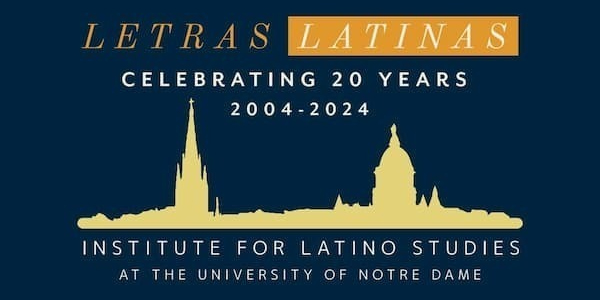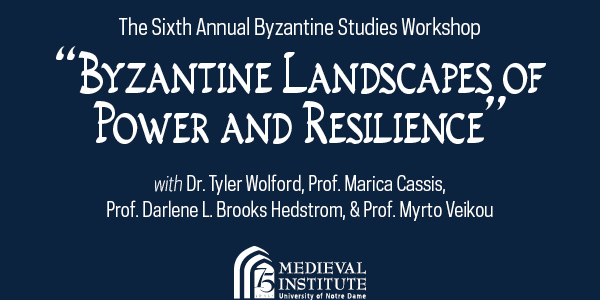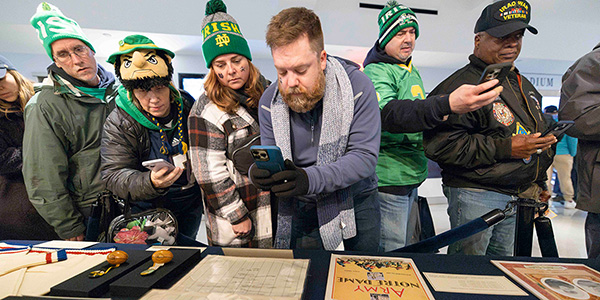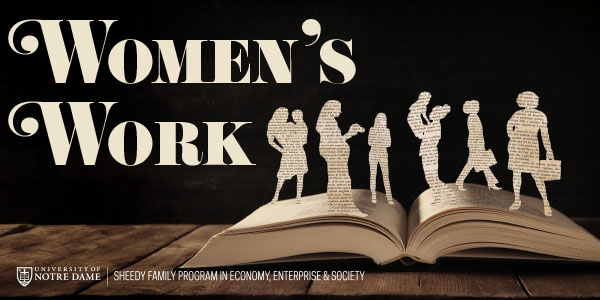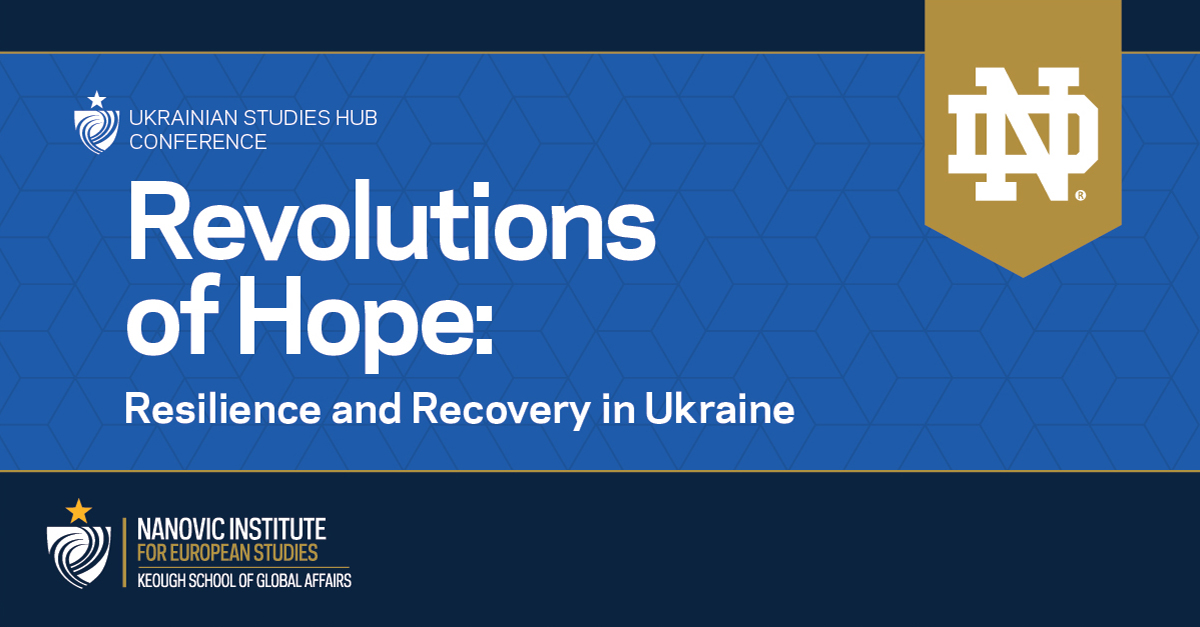In anticipation of the Notre Dame Shakespeare Festival’s production of As You Like It, this intellectually layered conversation brought together theater scholar Peter Holland, early modern drama Ph.D. student Hannah Hicks, and moderator Jennifer Thorup Birkett to examine the deeply embedded themes of gender, disguise, and performance in Shakespearean drama. Far more than a discussion about theatrical costuming, the conversation probed how cross dressing in early modern plays and cross casting in modern productions both reflect and challenge cultural understandings of identity, gender roles, and power dynamics.
Holland opened with a historical overview of Elizabethan performance practice: all female roles were played by men, and Shakespeare wrote his plays with this in mind. In comedies like As You Like It, this results in multilayered performances—where a male actor plays a female character (Rosalind) who, within the play, pretends to be a man (Ganymede), who then pretends to be a woman. This recursive structure becomes a meta-commentary on the performative nature of gender itself, and invites audiences to reflect on the distinctions between actor, character, and social role. Holland argued that these plays are not merely exercises in wit but early explorations of identity as something fluid, unstable, and theatrical.
Hannah Hicks extended this line of inquiry by examining the “cross-dressing heroine” trope and its function as both a narrative engine and a site of disruption. She noted how Shakespeare’s heroines—by donning male attire—temporarily gain access to power, speech, and intimacy otherwise denied to them. But these gains are not always secure; the heroines often return to conventional roles by the play’s end. Hicks discussed the tension between liberation and containment in these arcs, drawing attention to the subtle queerness that emerges in moments of mistaken or ambiguous attraction. These theatrical spaces, she argued, offer glimpses of what gender and desire might look like outside of patriarchal norms.
The conversation then turned toward contemporary staging practices. Holland discussed the modern rise of cross casting, where roles are given to actors regardless of gender identity. He emphasized that while such casting can challenge audience assumptions and uncover new resonances in old texts, it cannot be done carelessly. “Casting,” he noted, “is not a political gesture in itself—it must be realized in performance.” The choice to cast non-traditionally must be grounded in interpretive rigor and artistic intention, not tokenism.
The panelists also explored how cross casting and gender-conscious direction can reanimate the text for contemporary audiences. Hicks reflected on how modern stagings can amplify the latent emotional and political tensions in Shakespeare’s comedies, especially around gender fluidity and desire. Birkett posed questions about the classroom implications of these insights, asking how educators might teach Shakespeare in ways that foreground performance, ambiguity, and subversion rather than just historical distance.
The session concluded with reflections on the enduring relevance of Shakespeare’s gender play. The layered nature of identity in these works—shaped by disguise, costume, voice, and affect—continues to resonate in a cultural moment increasingly attuned to gender complexity. As You Like It, the panel suggested, is not just a story about romantic entanglements but a meditation on how people perform themselves and how theater can expose or transform those performances.

